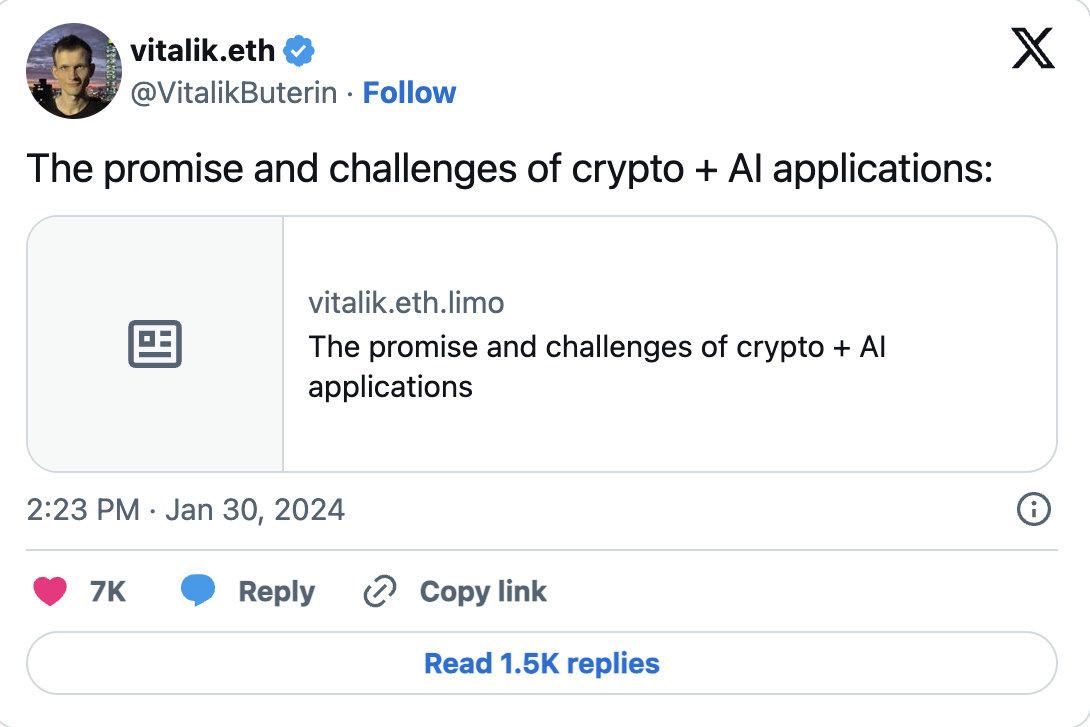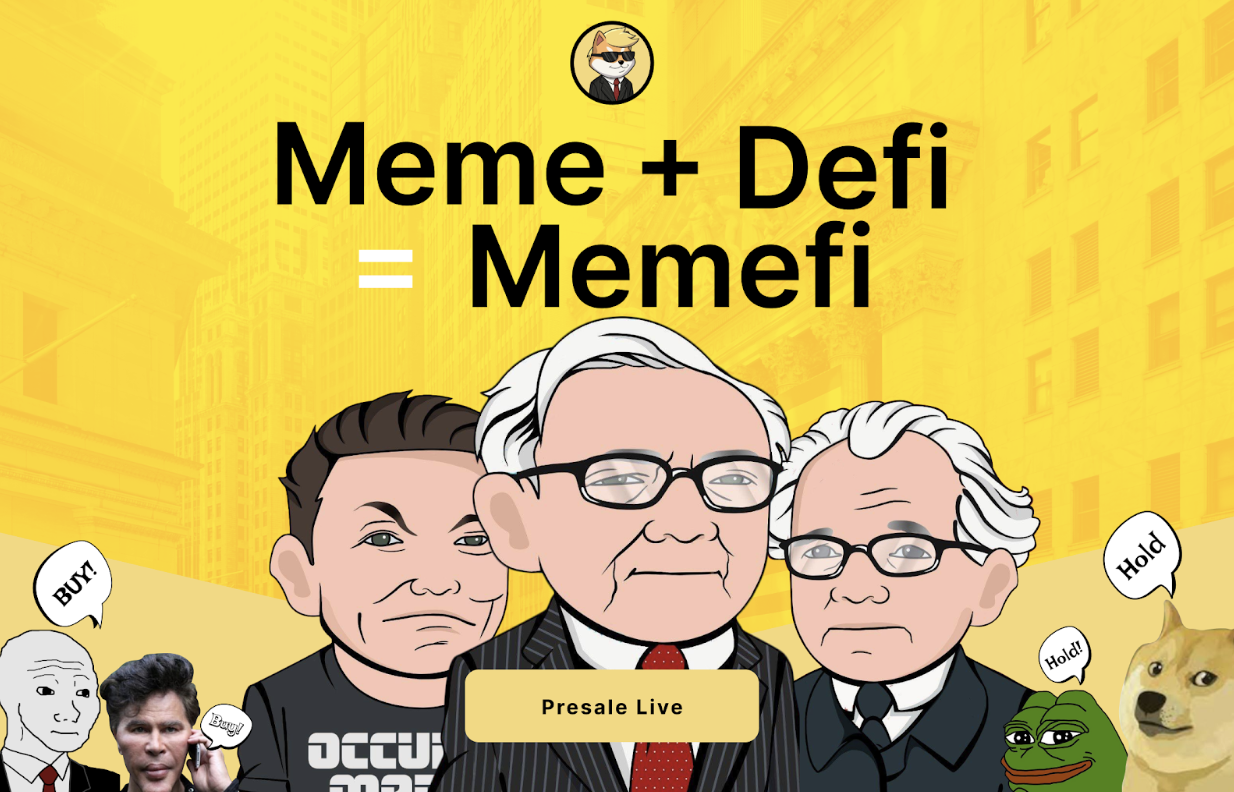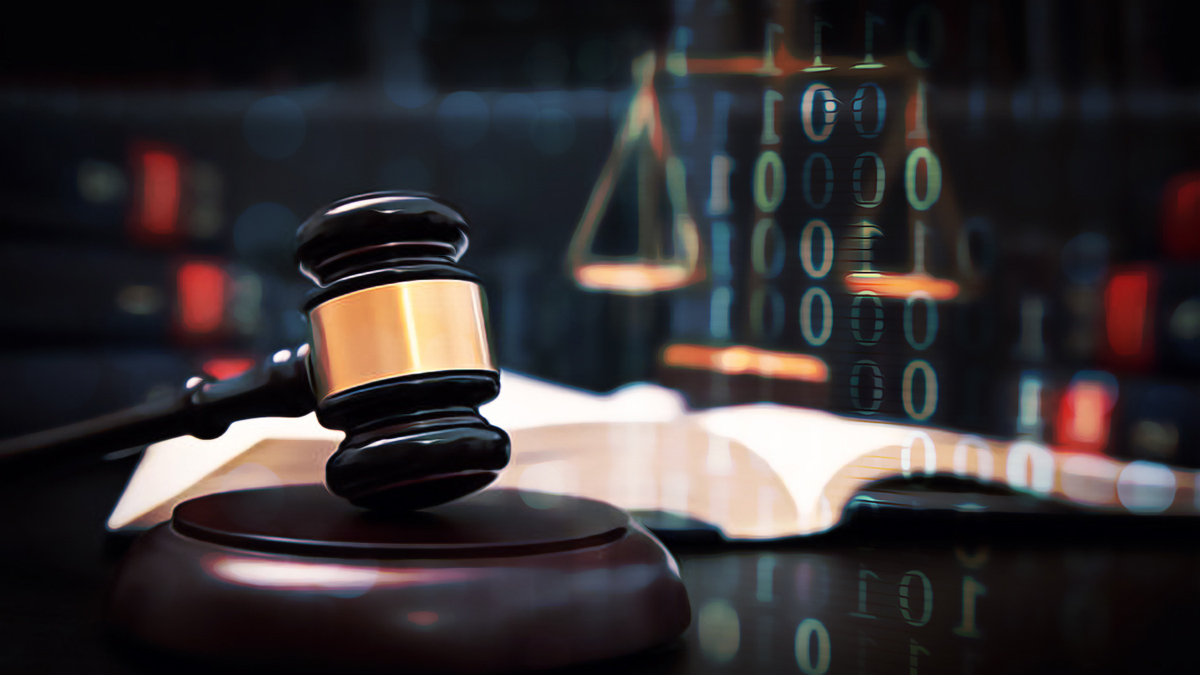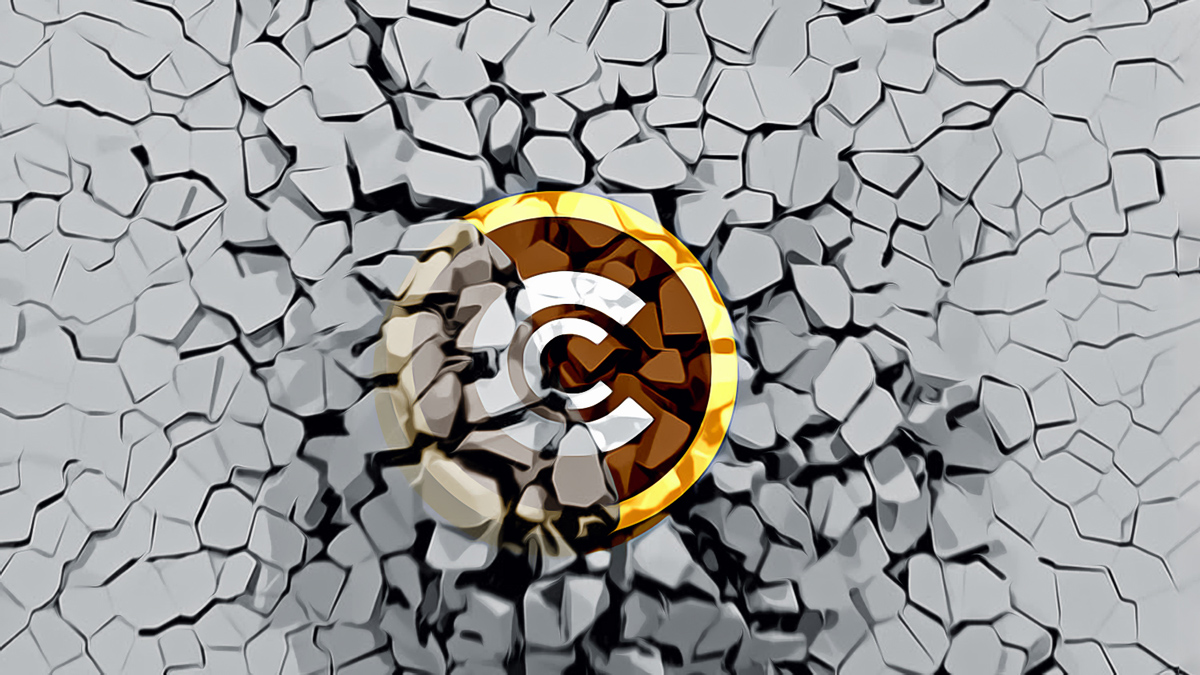Ethereum co-founder Vitalik Buterin has warned developers to be cautious when integrating artificial intelligence with blockchain technology. In a blog post dated January 30, Buterin expressed his most pressing concerns about artificial intelligence, advising developers to be careful, especially when using new applications in high-value and high-risk contexts.
Buterin’s Warning on Artificial Intelligence
Buterin explained that one of the areas where artificial intelligence has the highest applicability is allowing AI to participate in mechanisms such as prediction markets on a micro-scale, which would not be possible for humans. He stated:
“It is important to be careful; if someone, for example, creates a prediction market or a stablecoin using an AI tool and it turns out that the tool is vulnerable to attack, this could mean a large amount of money disappearing overnight.”
Buterin also wrote that artificial intelligence could be used in cryptocurrency wallet interfaces to help users understand and safely interact with cryptocurrency by explaining transactions and signatures or by detecting fraud:
“In my own view, pure artificial intelligence interfaces are probably too risky right now as they increase the risk of other types of errors, but AI that complements a more traditional interface is becoming very applicable.”

Noteworthy Details in the Field of Artificial Intelligence
According to Buterin, the riskiest endeavor would be to use artificial intelligence to enforce the rules or governance of crypto systems, as open-source AI models could be vulnerable to hostile attacks. Open-source AI tools are more susceptible to such attacks because malicious actors can study their code and optimize their attacks against them. Closed-source AI provides security through obscurity but does not offer transparency about how they work or assurance of their impartiality.
The crypto startup Worldcoin, affiliated with OpenAI, is an example of a closed-source AI tool, and Buterin explained that it relies on not allowing anyone to simply call the AI model, instead using trusted hardware. Buterin stated that the biggest challenge will be to create a decentralized artificial intelligence that uses crypto and blockchain technology that other applications can benefit from:
“The hardest thing to do right is applications that try to create a singleton using blockchain networks and cryptographic techniques; a single decentralized trusted AI tool that some applications will rely on for a purpose.”
These applications promise to improve both functionality and AI security in a way that avoids the centralization risks associated with more common approaches to this problem. Moreover, Buterin concluded that there are many ways in which fundamental assumptions can fail.










